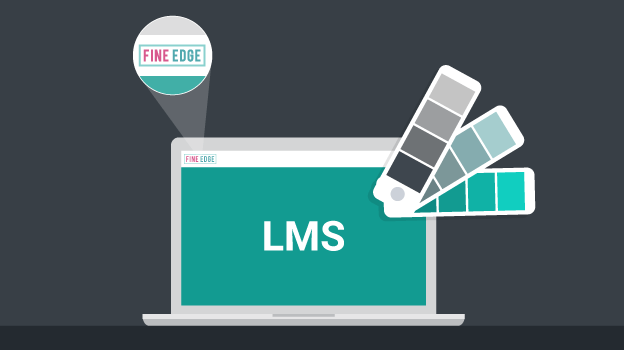
5 Questions to ask yourself before buying an LMS
You don’t have an LMS yet? Trust us, you need one. Or, maybe you do have one, but it’s giving you a hard time? Trust your own judgement, you need a new one.
The good news is that the market is now teeming with LMS solutions for every type of organization and a wide range of expectations and needs. The not so good news is that buying an LMS is a decision to be made for a longer period of time so it is really important to pick the right one.
Here are the main questions to ask before venturing into an LMS purchase:
-
What formats will your LMS have to support?
Learning managers and instructional designers are best qualified to assess the existing content that will be deployed using the new LMS and the types of materials it'll need to support in the future. Any learning system should act as a link between the past and the future, ideally managing to intertwine the two by adding fresh features to older (but still viable) modules.
-
What standards will it need to meet?
Standards are necessary to achieve some consistency and to avoid total chaos. Decision makers have to take into account the product’s capacity to support AICC, SCORM, xAPI and lately cmi5. It’s also a good idea to first figure out which standard is best for the way learning is done in the organization.
-
What are the most important features for the organization?
An LMS normally has to do quite a number of things and all (or most) of them are important for the corporate learning process. That’s why you should prioritize in order to figure out which are the best to cover the needs of your business. Decision makers can draw up their own list instead of using one provided by the vendor.
-
Who are your LMS administrators and what are their skills?
Having a good idea of who will be in charge of running the LMS is paramount in deciding how intuitive it will have to be. Some vendors offer administration features which sounds great but it’s advisable to negotiate tasks and response times in advance.
-
What is your budget?
When thinking about the budget, keep in mind that apart from the initial implementation investment and the monthly fees, the organization might also have to invest in infrastructure. If you are considering a user-based subscription, it’s best to negotiate the price according to the number of enrollments. Take into consideration how additional developments will be made and billed.
Visit our Blog for insightful posts on training and e-learning.







